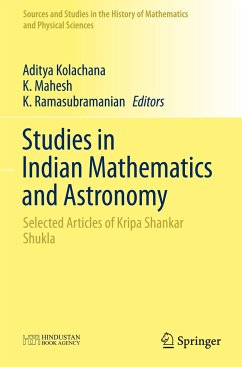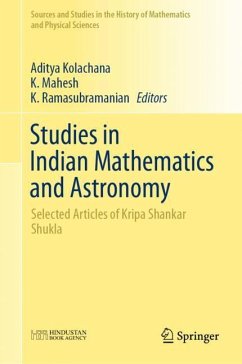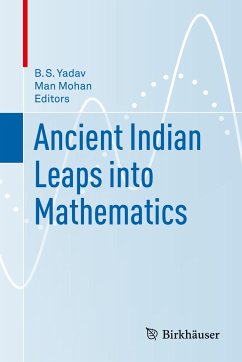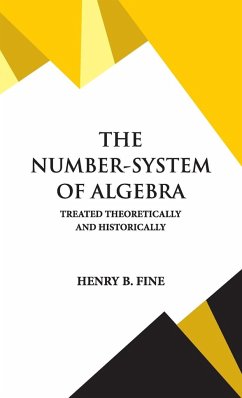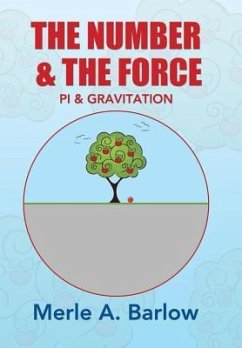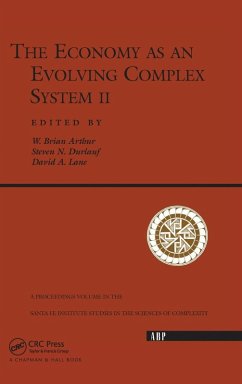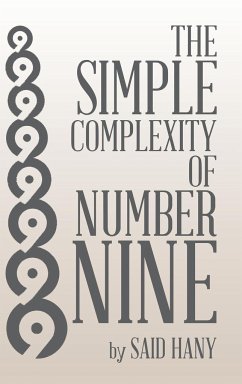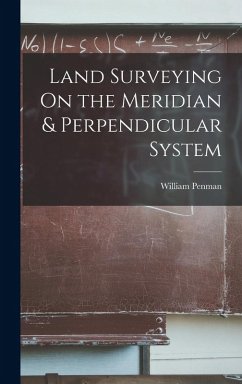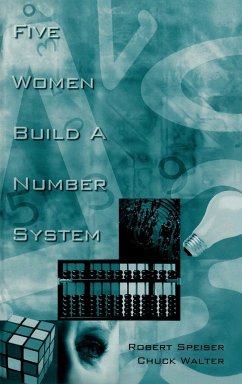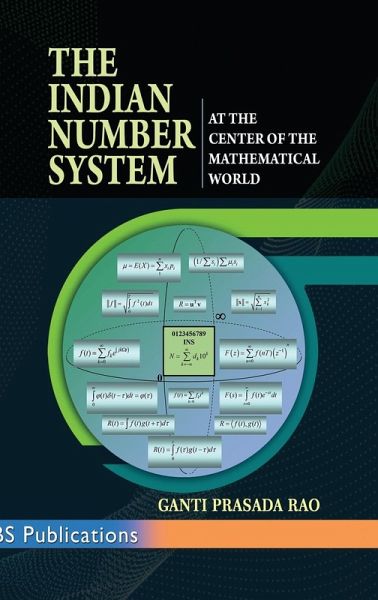
The Indian Number System

PAYBACK Punkte
16 °P sammeln!
This book presents well-established modern methods of representation and quantitative evaluation for a variety of entities, constants, functions, vectors, random quantities, fuzzy sets, and abstract entities such as relationships, cooperation, dependence, etc. and reveals striking similarities between these modern concepts and the Hindu-Arabic Decimal Number System. We regularly work with them without realizing these similarities perhaps because the centuries old Indian Number System became so commonplace today that these connections are not evidenced either by citations in the literature. It ...
This book presents well-established modern methods of representation and quantitative evaluation for a variety of entities, constants, functions, vectors, random quantities, fuzzy sets, and abstract entities such as relationships, cooperation, dependence, etc. and reveals striking similarities between these modern concepts and the Hindu-Arabic Decimal Number System. We regularly work with them without realizing these similarities perhaps because the centuries old Indian Number System became so commonplace today that these connections are not evidenced either by citations in the literature. It is hoped that this book will serve to throw some new light on the INS which is held in high esteem by great minds. The size of this book, its presentation in simple terms devoid of mystifying jargon, and its capture of the basic elements of the vast subject of mathematical concepts, especially in the field of systems and signals, are expected to be attractive to both teachers and students.





